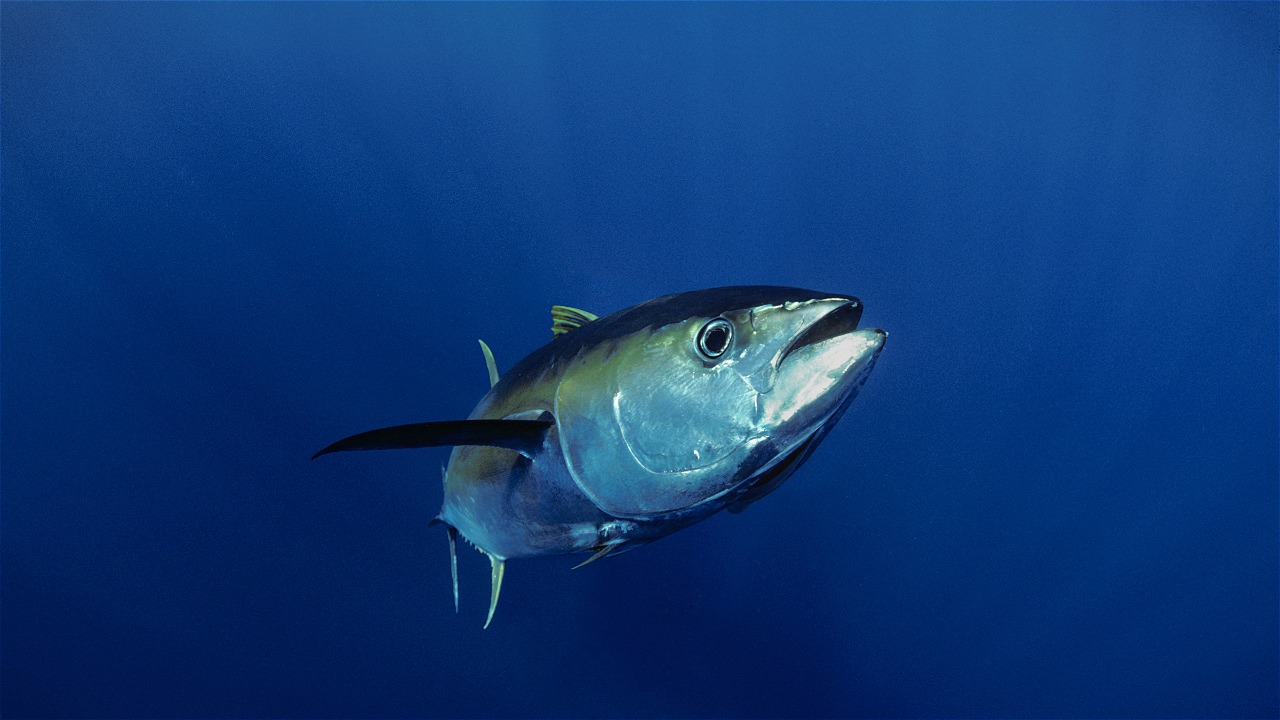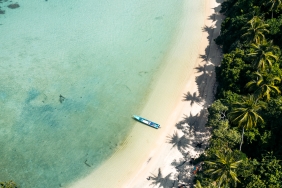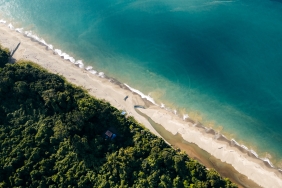NOTES FROM MSC DEVELOPING WORLD FISHERIES CONFERENCE 2014
By Margareth Meutia and Seafood Savers Team
For the second time, the Marine Stewardship Council (MSC) held a conference for developing world fisheries. After Chile on 2012, the second conference was held in Bali on 14-16 April 2014 and attended by 150 participants mostly from Africa, South America and Asia representing government, companies, NGOs, fisheries associations, academics, and certification bodies.
As much as 60% fisheries products came from developing countries. Indonesia alone contributes about 10% of total seafood consumed worldwide. Nevertheless, from 300 MSC-labeled fisheries around the world, up until now only 8% comes from developing countries.
Developing countries including Indonesia readiness for implementation of MSC standard and fisheries sector development were the core of this meeting. During his opening speech, Dr. Saut Hutagalung Director General of Processing and Marketing Fisheries, the Ministry of Marine Affairs and Fisheries stated that acquisition of certificates is not the ultimate goal, it is part of the process to attain sustainability of natural resources. In its earlier years back in 2008 MSC received strong opposition from fisheries industries. But steadily, a growing number of companies have vested interest in fisheries improvement program (FIP) to achieve MSC certificate especially for Tuna, Snapper, Grouper, and Blue Swimming Crab commodities.
Furthermore, Dr. Saut made a remark on challenges faced Indonesian fisheries. Fishermen’ capacity and the high cost to fulfill MSC sustainability standards are the biggest challenge in Indonesia. Hence, the Government encouraged stakeholders such as MSC, WWF and other NGOS to participate in expediting the process towards sustainable fisheries.
WWF-Indonesia responded to these challenges with several activities to improve capacity of fisheries experts to enable them to become MSC local auditors. Auditor service is one of the highest costs for certification as most of certified auditor came from overseas. With MSC support, WWF-Indonesia kick off of the process during the developing world fisheries conference. Improvements are made as well for capture fisheries, especially for Tuna, Indonesia leading commodities with over IDR 8.5 Billion export value in 2011 (MMAF, 2012). Review from Tuna Improvement Program conducted in 2010-2013 shows positive improvements. Pre-evaluation activities resulting in Action Planfor Tuna Improvement recommended 50 points of improvement to ensure the tuna catches do not exceed sustainable levels, to promote the ecosystem based approach to fisheries management,and to strengthen fisheries governance.
Government supports is crucial for this improvement program. Especially for crucial point such as harvest control rules, which have to be included in Tuna Fisheries Management Plan currently developed by the MMAF scheduled to be completed in June. Without harvest control rules, fisheries improvement for Tuna will be hampered.
The importance of multi-stakeholders involvement including NGOs and business partnership program such as Seafood Savers initiative is the overarching lesson highlighted by developing countries’ presentations. The stewardship council itself also does its part to help developing countries tackle their challenges. For example MSC has developed Risk Based Framework assessment method through its Developing World Program. This method is suitable for Indonesia, because it enables assessment for fisheries without sufficient or valid data. Comprehensive socio-economy studies on the benefits of sustainable fisheries based on MSC standard are beneficial as well to encourage fisheries industries to improve their practice.
With Government of Indonesia’s commitment, MSC’s designated program for developing countries, as well as stakeholders’ supports, Indonesian fisheries should be able to tackle any sustainable fisheries’ challenges.
For further information about Seafood Savers initiative, take a look at www.seafoodsavers.org. We choose to save!





